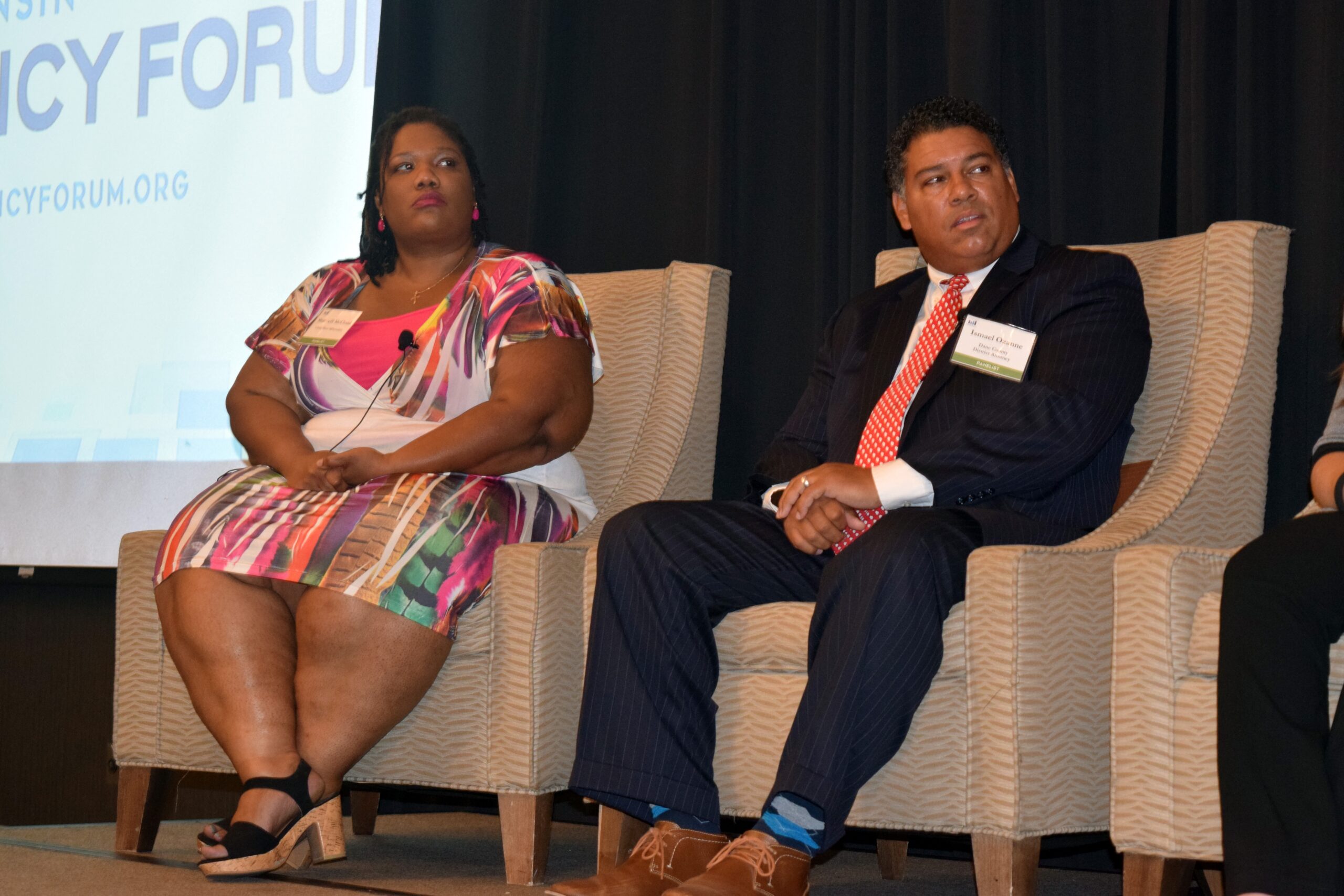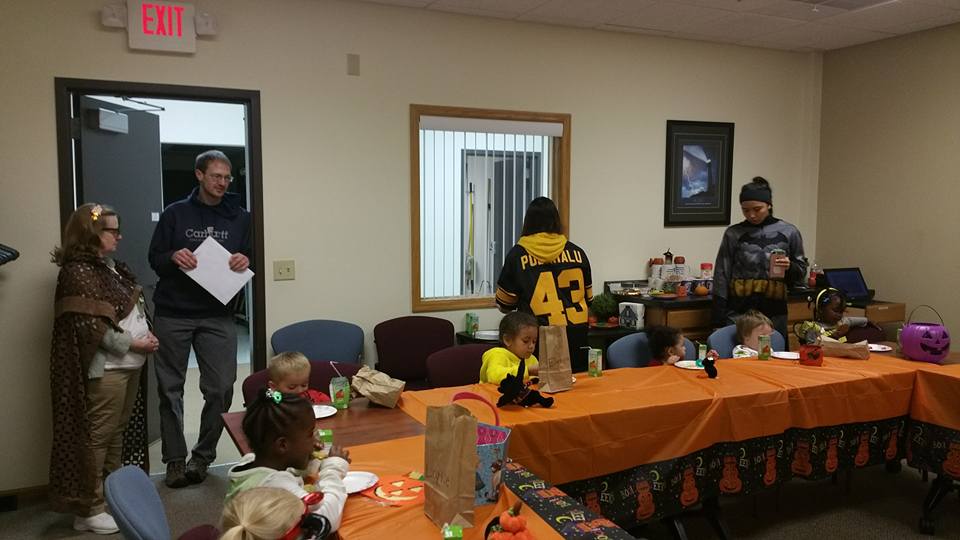Each year in the state of Wisconsin, around 2,000 criminal cases are sealed from public view in a process called expungement, and supporters of expungement reform hope low unemployment and a worker shortage may mean a change in policy that would increase that number.
Shanyeill McCloud leads Clean Slate Wisconsin, a group that provides expungement assistance. At a panel Tuesday hosted by the Wisconsin Policy Forum, she made the stakes of the process clear.
“I always say without expungement every sentence is a life sentence,” McCloud said.
News with a little more humanity
WPR’s “Wisconsin Today” newsletter keeps you connected to the state you love without feeling overwhelmed. No paywall. No agenda. No corporate filter.
A criminal record presents barriers to hiring, housing and higher education.
Wisconsin is the only state that requires judges to determine eligibility when somebody is sentenced, instead of when they are released, according to a report published by the Wisconsin Policy Forum in June. It is also one of the few states that only offers expungement to people under 25.
“You have people that are in their 40s and 50s that still have this record,” McCloud said. “They have no opportunity at a second chance like a 20-year-old does, and they’re the head of the household.”
Wisconsin is also one of only a few states that does not allow cases that are acquitted or dismissed to be expunged. Public court records do show if someone has been found not-guilty or if the case has been dismissed.
“When people think about court records their minds go to something felonious or heinous, (they do) not even take into consideration maybe they did not do it,” McCloud said. “The charge is dropped, the case was dismissed, but yet it’s still on your record.”
Last year, state lawmakers failed to agree on a bill addressing expungement. Two assembly members plan to reintroduce their bill in January.
Wisconsin Public Radio, © Copyright 2025, Board of Regents of the University of Wisconsin System and Wisconsin Educational Communications Board.




